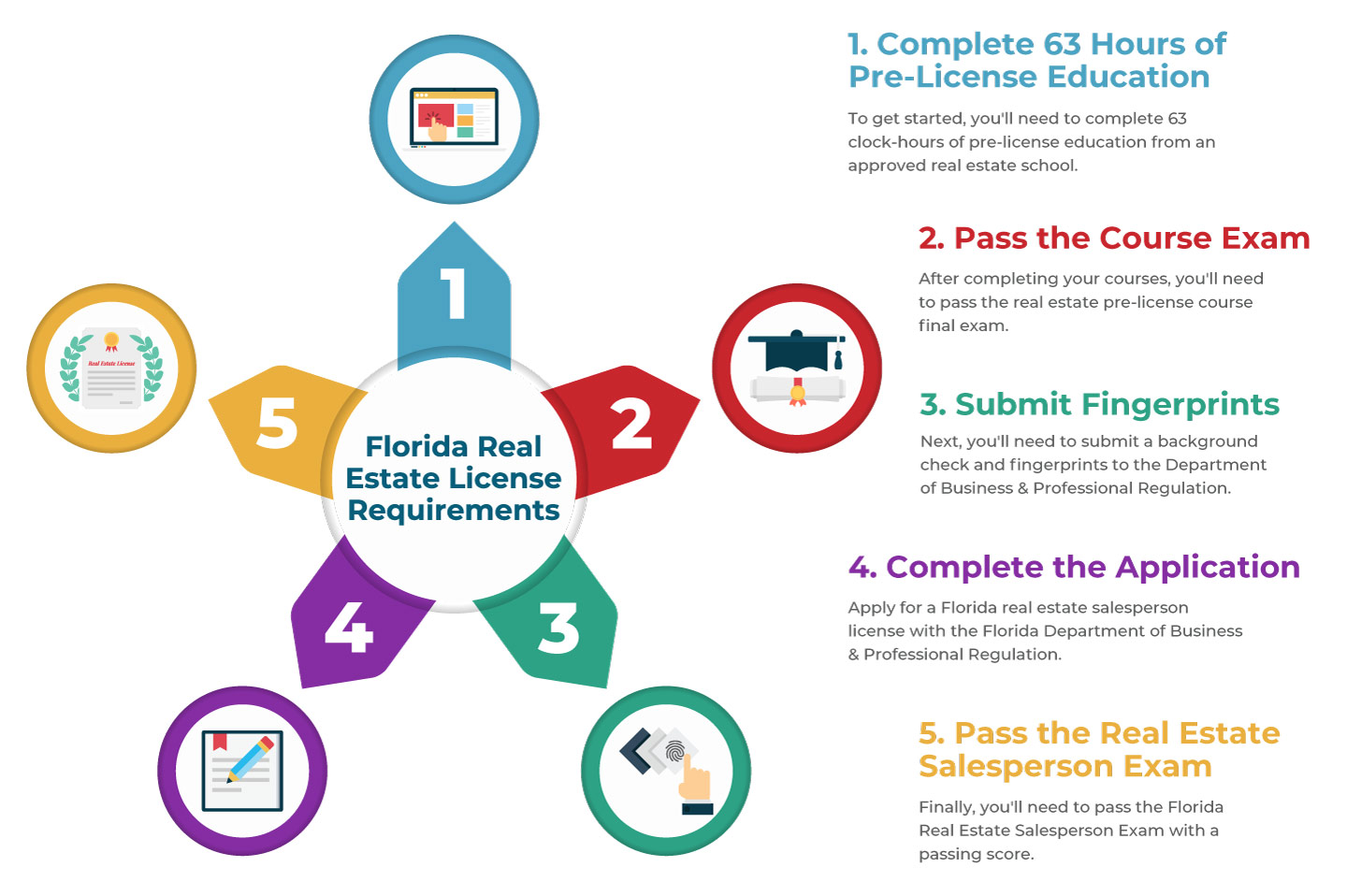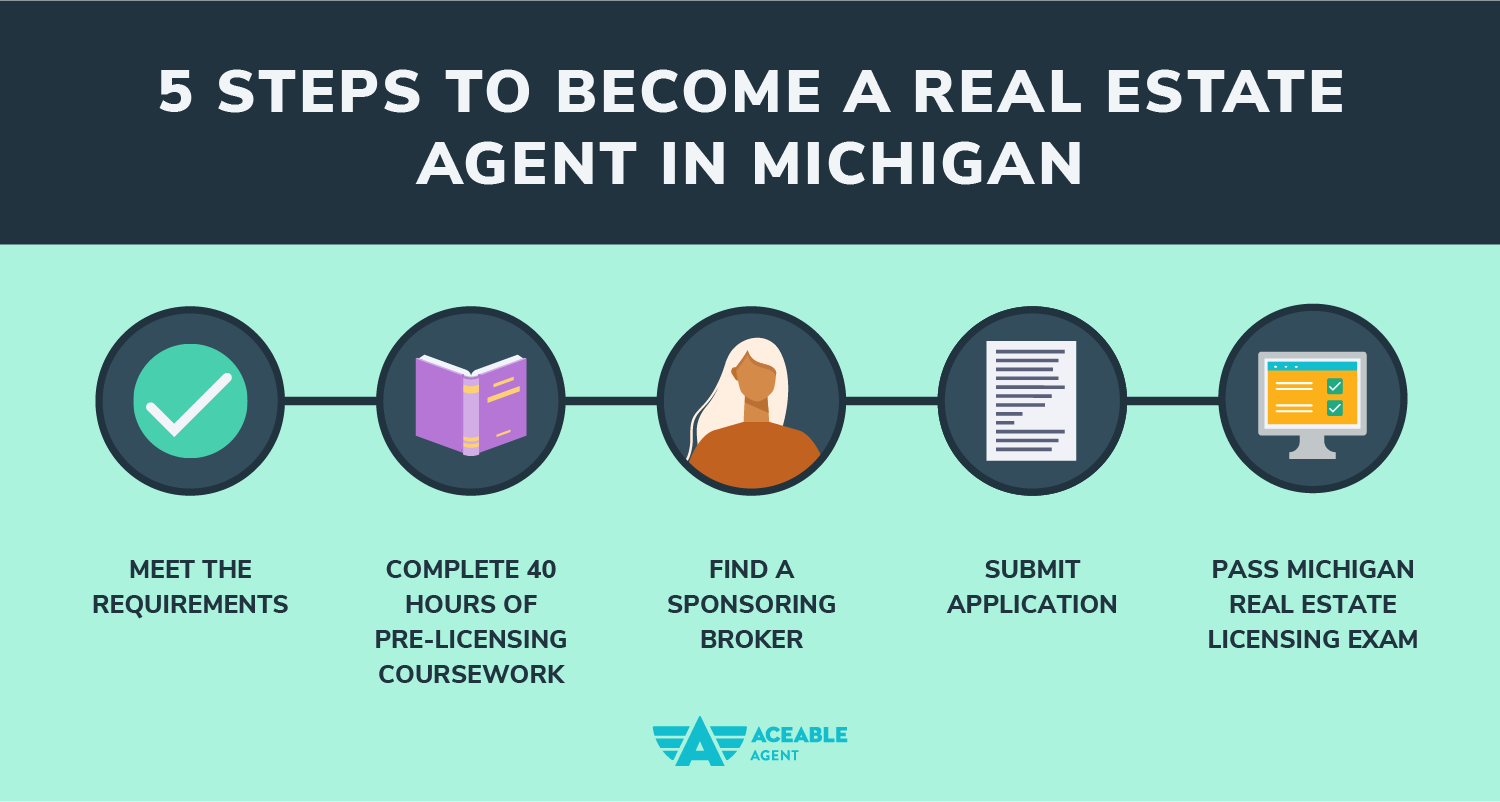
Both stocks and real estate can be excellent investments. However, each has its own advantages and disadvantages. These are the key differences: Liquidity and Risks. Location is important. Profits are crucial. Investing in real estate may be a better option for those who are looking to generate a passive income stream over the long term. Real estate not only offers the opportunity for significant appreciation but also provides passive income. Stocks, however, can be subject to inflation, economic and market risks. While buying stocks doesn't require a large cash investment, they can be easily bought and sold.
Profits
Real estate investment has many benefits. For starters, real estate can create cash flow. Cash flow is money left over after expenses have been paid. Renting income can help offset expenses and keep money in your pockets. Cash flow is stronger the longer you have a property. Tax breaks and deductions available for real property can be taken advantage of. These tax breaks can include deducting reasonable expenses related to ownership or operation.
Investing is real estate gives investors the freedom they seek. You can gradually build a portfolio and use the rental income to supplement your income. You can also make fix-and flop profits your main source for income. Real estate gives you the flexibility and freedom to manage your properties according to your schedule. Plus, you are your own boss. No one can dictate your hours or limit your salary when you work in this field.

Risks
It is important to know the differences between stocks and real estate investing. Real estate investment is much safer than stocks. The risk of capital loss is much lower with real estate, as the land you own serves as collateral for your initial investment. Stocks, on the other hand are more liquid so you can cash in at any time. Stocks can also generate income from dividends. However, investors should be aware of the volatility of stock prices, as these changes can cause emotional decisions.
In addition to being higher risk, you will have to wait for your return to see a positive impact. Stocks are able to return 10% annually, but real estate can return three to four percent. You will still see a 20% annual return if you have at least 20% equity in the property. This is far more than what you would get from stocks. It is difficult to find properties with high values that you can sell for less than what they were worth. If you sell your property in a very short time, you may face a tax penalty that is equal to the average return on the real estate industry.
Liquidity
Liquidity means the ease of an investor's ability to convert their investment into money. Stocks are more liquid and can be sold at regular market hours. While it may take a few days to sell an entire position in stocks, investors can get their money when they want. Real estate investments, on the other hand, are more liquid and may not appreciate as quickly as stocks.
Real estate investing also has the advantage of generating income rather than capital gains. This makes it easier to do so. Additionally, the income component automatically increases with inflation. Investors can therefore spend their real estate profits more quickly. Another benefit of real estate investing is that it is less volatile, meaning that withdrawals are more secure and less likely to be affected by short-term volatility. It doesn't matter what your personal preferences are, you will find a strategy that works for you.

Locate
Direct investing in real estate is not for everyone. You should still consider real estate if you wish to have a balanced portfolio. The stock market is easy and simple to navigate. Investing in real estate is also less risky than stock index funds. These tips will help you make informed decisions if you're thinking of investing in real property.
FAQ
How can I repair my roof?
Roofs can become leaky due to wear and tear, weather conditions, or improper maintenance. Roofing contractors can help with minor repairs and replacements. Contact us to find out more.
Is it possible to sell a house fast?
It might be possible to sell your house quickly, if your goal is to move out within the next few month. But there are some important things you need to know before selling your house. First, you will need to find a buyer. Second, you will need to negotiate a deal. You must prepare your home for sale. Third, you need to advertise your property. You should also be open to accepting offers.
How can you tell if your house is worth selling?
If your asking price is too low, it may be because you aren't pricing your home correctly. A home that is priced well below its market value may not attract enough buyers. You can use our free Home Value Report to learn more about the current market conditions.
Statistics
- Some experts hypothesize that rates will hit five percent by the second half of 2018, but there has been no official confirmation one way or the other. (fortunebuilders.com)
- When it came to buying a home in 2015, experts predicted that mortgage rates would surpass five percent, yet interest rates remained below four percent. (fortunebuilders.com)
- Based on your credit scores and other financial details, your lender offers you a 3.5% interest rate on loan. (investopedia.com)
- It's possible to get approved for an FHA loan with a credit score as low as 580 and a down payment of 3.5% or a credit score as low as 500 and a 10% down payment.5 Specialty mortgage loans are loans that don't fit into the conventional or FHA loan categories. (investopedia.com)
- The FHA sets its desirable debt-to-income ratio at 43%. (fortunebuilders.com)
External Links
How To
How to Manage a Property Rental
While renting your home can make you extra money, there are many things that you should think about before making the decision. We will show you how to manage a rental home, and what you should consider before you rent it.
Here are the basics to help you start thinking about renting out a home.
-
What do I need to consider first? Before you decide if your house should be rented out, you need to examine your finances. If you have outstanding debts like credit card bills or mortgage payment, you may find it difficult to pay someone else to stay in your home while that you're gone. You should also check your budget - if you don't have enough money to cover your monthly expenses (rent, utilities, insurance, etc. It may not be worth it.
-
How much is it to rent my home? There are many factors that go into the calculation of how much you can charge to let your home. These include things like location, size, features, condition, and even the season. It's important to remember that prices vary depending on where you live, so don't expect to get the same rate everywhere. The average market price for renting a one-bedroom flat in London is PS1,400 per month, according to Rightmove. If you were to rent your entire house, this would mean that you would earn approximately PS2,800 per year. While this isn't bad, if only you wanted to rent out a small portion of your house, you could make much more.
-
Is it worthwhile? There are always risks when you do something new. However, it can bring in additional income. Be sure to fully understand what you are signing before you sign anything. Renting your home won't just mean spending more time away from your family; you'll also need to keep up with maintenance costs, pay for repairs and keep the place clean. Before signing up, be sure to carefully consider these factors.
-
Are there any advantages? So now that you know how much it costs to rent out your home and you're confident that it's worth it, you'll need to think about the advantages. There are many reasons to rent your home. You can use it to pay off debt, buy a holiday, save for a rainy-day, or simply to have a break. Whatever you choose, it's likely to be better than working every day. If you plan well, renting could become a full-time occupation.
-
How do I find tenants? Once you've decided that you want to rent out, you'll need to advertise your property properly. Listing your property online through websites like Rightmove or Zoopla is a good place to start. Once potential tenants contact you, you'll need to arrange an interview. This will help you evaluate their suitability as well as ensure that they are financially secure enough to live in your home.
-
How can I make sure that I'm protected? If you don't want to leave your home empty, make sure that you have insurance against fire, theft and damage. You will need to insure the home through your landlord, or directly with an insurer. Your landlord may require that you add them to your additional insured. This will cover any damage to your home while you are not there. This doesn't apply to if you live abroad or if the landlord isn’t registered with UK insurances. In such cases, you will need to register for an international insurance company.
-
It's easy to feel that you don't have the time or money to look for tenants. This is especially true if you work from home. But it's crucial that you put your best foot forward when advertising your property. Make sure you have a professional looking website. Also, make sure to post your ads online. You'll also need to prepare a thorough application form and provide references. While some prefer to do all the work themselves, others hire professionals who can handle most of it. Interviews will require you to be prepared for any questions.
-
What do I do when I find my tenant. If you have a current lease in place you'll need inform your tenant about changes, such moving dates. Otherwise, you can negotiate the length of stay, deposit, and other details. While you might get paid when the tenancy is over, utilities are still a cost that must be paid.
-
How do you collect rent? When it comes to collecting the rent, you will need to confirm that the tenant has made their payments. If they haven't, remind them. Any outstanding rents can be deducted from future rents, before you send them a final bill. You can call the police if you are having trouble getting hold of your tenant. If there is a breach of contract they won't usually evict the tenant, but they can issue an arrest warrant.
-
How can I avoid potential problems? Although renting your home is a lucrative venture, it is also important to be safe. Ensure you install smoke alarms and carbon monoxide detectors and consider installing security cameras. Check with your neighbors to make sure that you are allowed to leave your property open at night. Also ensure that you have sufficient insurance. Finally, you should never let strangers into your house, even if they say they're moving in next door.